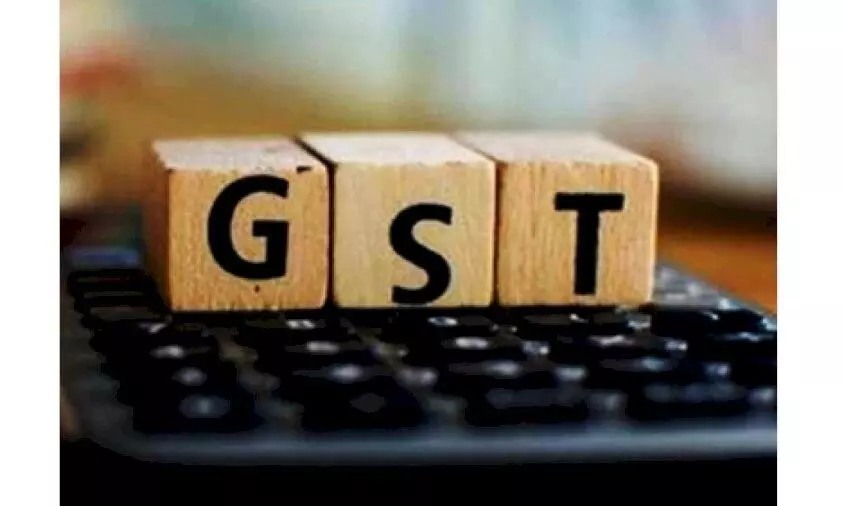
Supreme Court advice center against arbitrary arrests in GST cases
text_fieldsNew Delhi: The Supreme Court advised the Centre that not all Goods and Services Tax (GST) cases warrant arrests, emphasizing that arrests should only be made when there is credible evidence to prove culpability.
A bench of Justices Sanjiv Khanna, MM Sundresh, and Bela M Trivedi, which reserved its verdict on a batch of pleas challenging the constitutional validity and interpretation of provisions relating to the Customs Act and Goods and Services Tax Act, highlighted the distinction between the power of arrest and the necessity of arrest.
"The legislation does not say that for completion of investigation, you need to be arrested. It is not the object of the legislation. It is not necessary for you to arrest in each and every case of GST. It has to be based on some credible evidence and tangible material," the bench told Additional Solicitor General SV Raju.
The bench, posing several questions to SV Raju on provisions of arrest under the GST law, emphasized the importance of maintaining liberty as per the legislation.
SV Raju explained that arrests are primarily made during the investigation phase, stating that arrests are not based on mere suspicion but on credible reasons indicating the commission of a grave offense.
"Adjudication must precede arrest," the bench remarked, asserting its intention to scrutinize the grounds for arrest under the Customs Act and the GST Act.
While acknowledging instances of high-handedness by GST authorities and wrongdoings by taxpayers, the court assured it would consider all aspects before delivering its decision.
Petitioners challenging various provisions of the Customs Act and the GST Act alleged misuse of arrest provisions and coercion to pay liabilities without due procedure.
Section 69 of the GST Act and section 104 of the Customs Act of 1962 were highlighted as dealing with the powers of arrest.
In earlier hearings, the Supreme Court emphasized the necessity for credible material to support arrests under the GST Act and expressed concern over ambiguity in section 69 of the GST Act. It reiterated its commitment to interpreting the law to safeguard liberty and ensure adherence to due process.






















